Nature reports
Publisher: Institute for Biodiversity and Ecosystem Dynamics (IBED)
Page 2 of 3 - 26 Results
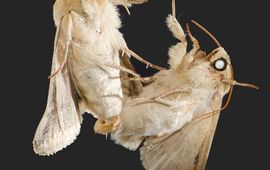
Male moths get part of the chemicals that they use during courtship from plants. This was discovered by researchers from the University of Amsterdam and North Carolina State University. At the beginning of August they published..
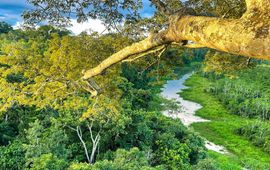
In certain areas in the Amazon, forests that were altered by humans during the past several hundred years may contain higher abundances of plant species that are more resilient to modern fire or drought events. ..

A new model clarifies why millions of years ago more animal species from Asia made the leap to the Australian continent than the other way around: the climate in which the species evolved played an important role. This study was..
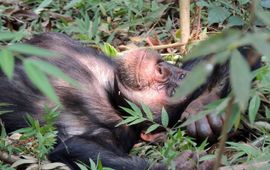
Ground nesting in chimpanzees was once thought to be a rare and patchily-occurring behaviour. However, a new paper shows that it is a major component of the species’ behavioural repertoire across a considerable fraction of a..
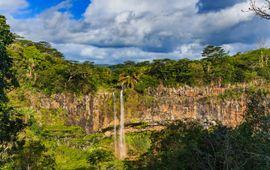
Many native animals that disperse plant seeds on the island of Mauritius have gone extinct during the past centuries. This includes iconic species such as the dodo and giant tortoises, now replaced by non-native fruit-eating..
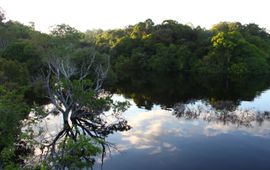
The rate of deforestation in the Amazon is much higher than previously thought. As a result, there is a risk of reaching a tipping point, after which the ecosystem will be irreversibly altered. And that could have catastrophic..

Researchers at the University of Amsterdam have developed a model that can accurately predict the current migration routes of migratory birds. This offers the possibility of taking adequate measures at the right time when birds..
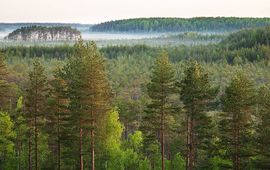
Automated approaches and remote sensing can greatly improve biodiversity monitoring. A new European consortium of partners, including researcher W. Daniel Kissling from the Institute for Biodiversity and Ecosystem Dynamics, will..
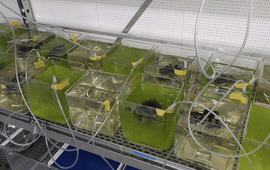
More than one million people in the Netherlands are using medication against mental illnesses such as depression and psychosis. Residues of these medicines are found in waste water. After many cleansing treatments, our waste water..
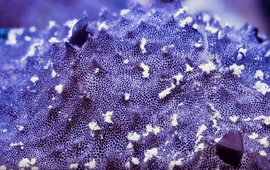
Sponges are among the oldest creatures on Earth and play a key role in many underwater ecosystems. A new study by Niklas Kornder of the University of Amsterdam and colleagues finds that sponges ‘sneeze’ to clear their water..
